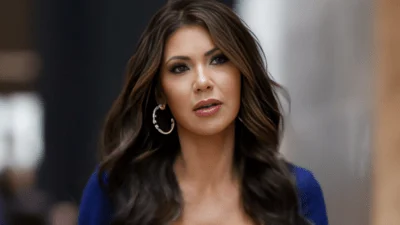Energy and Commerce Chairman Frank Pallone, Jr. (D-NJ) delivered the following opening remarks today at a Subcommittee on the Environment & Climate Change hearing on “Time for Action: Addressing the Environmental and Economic Effects of Climate Change:"
Today’s hearing on climate change is long overdue. We are feeling its effects now, and the influence of unchecked climate change is becoming more obvious every year. Experts have warned us for a long time that climate change would lead to more intense storms, extended droughts, longer wildfire seasons that burn hotter and cover larger areas, greater seasonal temperature extremes, melting of glaciers and ice sheets, and rising sea level. Their predictions have proven true. And, these scientific experts warn us that as greenhouse gas pollution continues to grow, climate change effects will intensify as the planet warms to levels that people have not experienced any time in human history.
Unfortunately, we are currently going in the wrong direction with respect to greenhouse gas pollution. The Fourth National Climate Assessment and the International Panel on Climate Change’s recent report make clear that if we do not aggressively cut emissions now, we will jeopardize public health and safety, as well as our economic and national security.
The science on climate change is indisputable. We are not going to waste any time debating the scientific facts. Instead, we must focus on solutions to the problem. We must act now to avoid the most catastrophic consequences associated with climate change.
The good news is that we already know the solutions to this challenge. There are untapped opportunities to expand the use of renewable energy and to become more efficient with all the sources of energy we use. With focused investment and innovation, we can also help transform industries and economic sectors that will find meaningful emission reductions more challenging.
Meanwhile, states, local government and individual businesses are moving forward to reduce emissions to meet our obligations under the Paris Agreement. It’s now time for the federal government to step up and help them in these efforts and spur further action in communities across the country.
I know there are those who believe we cannot address this problem because the costs are too high. But, the costs of not acting are far higher and more painful. In 2017, the U.S. experienced 16 natural disasters with costs totaling $360 billion dollars. This past year disasters again cost over $100 billion dollars. The dollar figures are concerning, but the real tragedy is the loss of life and destruction of homes, businesses, and communities when these events occur. Tremendous, sustained efforts are required for communities to recover and rebuild. I saw this first-hand in the aftermath of Superstorm Sandy in my district. Events disappear from the headlines in a matter of weeks, but the work to rebuild and recover takes years.
We simply cannot afford to delay any longer, and we must discuss ways to help communities better adapt to the changes that we’re already seeing. We need to modernize and upgrade our infrastructure to ensure. vital services like water, sewer, electricity, telecommunications, and transportation are more resilient. This important work will not only make our communities safer and better prepared for extreme weather events, but it will also provide good paying jobs, and the modern, flexible infrastructure that will better support a robust economy in the future.
We want to find innovative solutions that will help strengthen our economy by creating new jobs and industries and that will begin to repair the disparities found in so many vulnerable communities. It is precisely these “front line" communities that experience the worst effects of climate change and natural disasters and that are the least able to recover from them. We can do better. We must do better. And, these communities need to be engaged in the process of designing adaptation and mitigation measures to reduce pollution.
As we move forward, we hope to have our Republican colleagues as partners in these efforts. The devastating effects of unchecked climate change -- do not know partisan or political boundaries. They affect all of us. I hope we will be able to find common ground and work together on solutions.
We cannot transform our economy and society overnight, but every journey starts with a single step. The U.S. always has been a global leader in science, technology, and industry. And, our leadership on climate action and a global transformation to a low carbon economy is needed now. This hearing is the start of our effort to maintain U.S. leadership and to put us on the path to a low-carbon - and more prosperous - future.
I thank the witnesses for participating in this important hearing. I look forward to your testimony today and to working with you to address the climate challenge before us.
I yield back.




